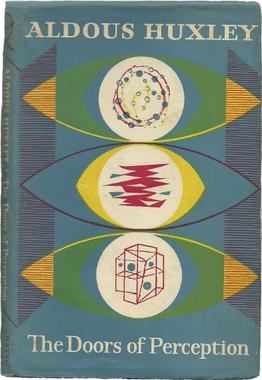Sal: Matthew, what the hell are you doing? I haven't been in one of your posts yet! Do you not know how to follow directions?
Matthew: Sorry, Sal. I've just been so busy, I hope you will still be my avatar.
Sal: Yeah, yeah. I was reading over your class presentation---I disagree with one thing.
Matthew: And what may that be?
Sal: The theme---it is not death. Although I partly agree with what you are saying---I feel that the primary theme is the search for one's identity.
Matthew: You're just saying that because that's all you ever write about!
Sal: Don't be ignorant! Anyways---Marjane is living amongst the lost Iran---and it is in this turmoil that she struggles to find herself.
Matthew: You prove a good point, Sal, if only you didn't drop out of Columbia.
Sal: I had that---I was already through that.
Matthew: Didn't Charles Manson say that?
Sal: No.
Matthew: By the way, why did you wait to discuss Persepolis with me almost a month after I wrote about it?
Sal: Because you never included me in your posts!
Matthew: Hmmm, I have been feeling an unexplainable absence in me lately.
Sal: You're searching for yourself---we always are.
Identity---a universal theme that can be found in almost any work of literature. Is there really any use of a journey of self-discovery? Or are we already and fully here?---our identity already intact---with no need for searching. Martin Luther King's "I Have a Dream," had a tremendous impact on the African-American's struggle for freedom---but the question arises whether they were searching for their identity in the present America or merely the acceptance of a fully established identity that they already possessed.
During my experience reading literature---I have come across two general perspectives on the search for identity. One comes from Aldous Huxley's The Doors of Perception, in which he says, "Our goal is to discover that we have always been where we ought to be." Here he suggests that our identity has and will always be there---that there is no need to find it somewhere else. However, I do find a contradiction in his words, for is it not a journey that we must endure in order to come to this realization and discovery?
Contrastingly, in Herman Hesse's Demian, the author says, "I realize today that nothing in the world is more distasteful to a man than to take the path that leads to himself." Here, Hesse disagrees with Huxley's view in saying that the identity does not lie in oneself---but wherever the path that points elsewhere leads to.
Is the existence of a middle ground between these views possible? Or will it always either/or?
Sal: "One day I will find the right words, and they will be simple."



No comments:
Post a Comment